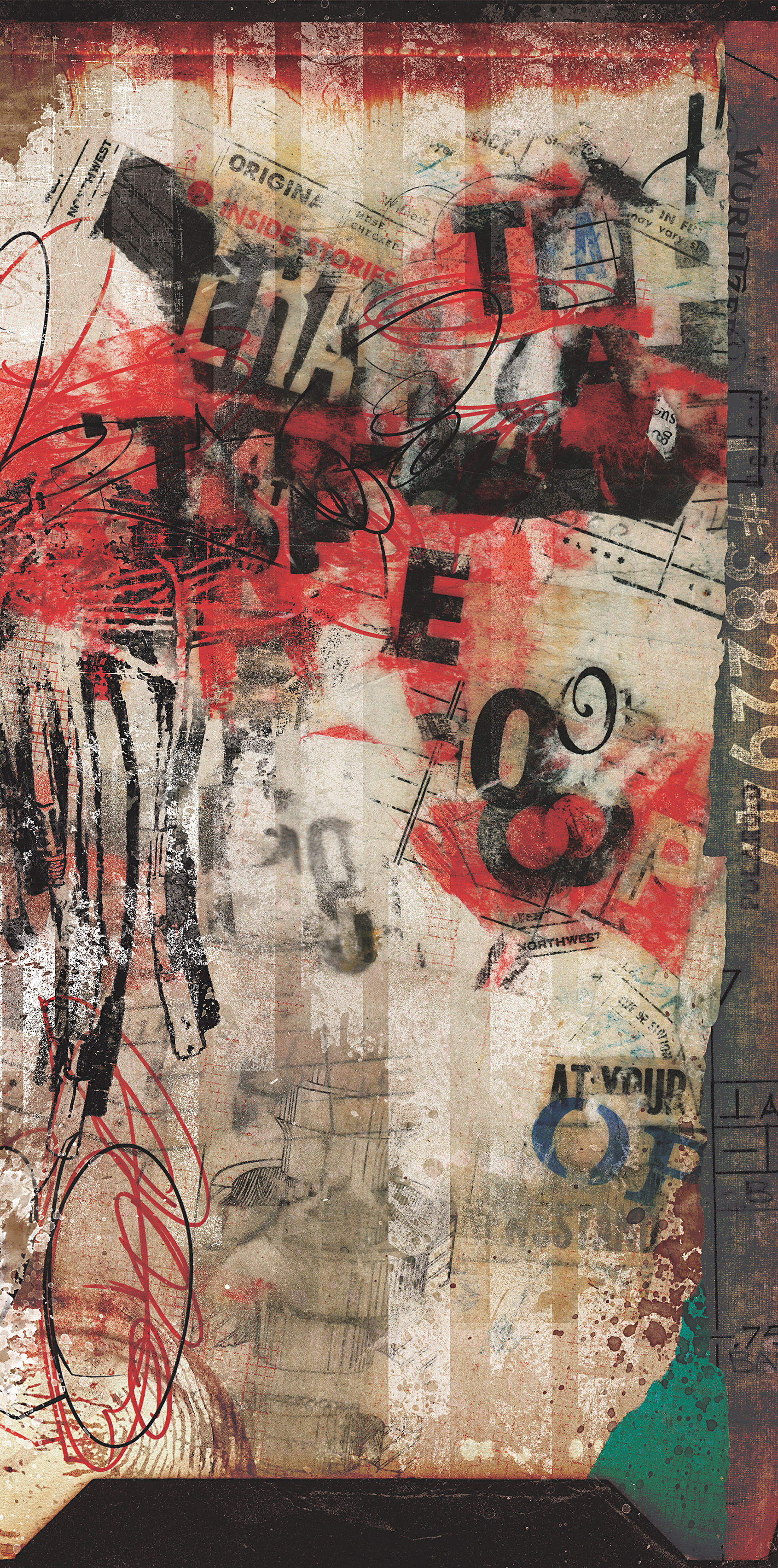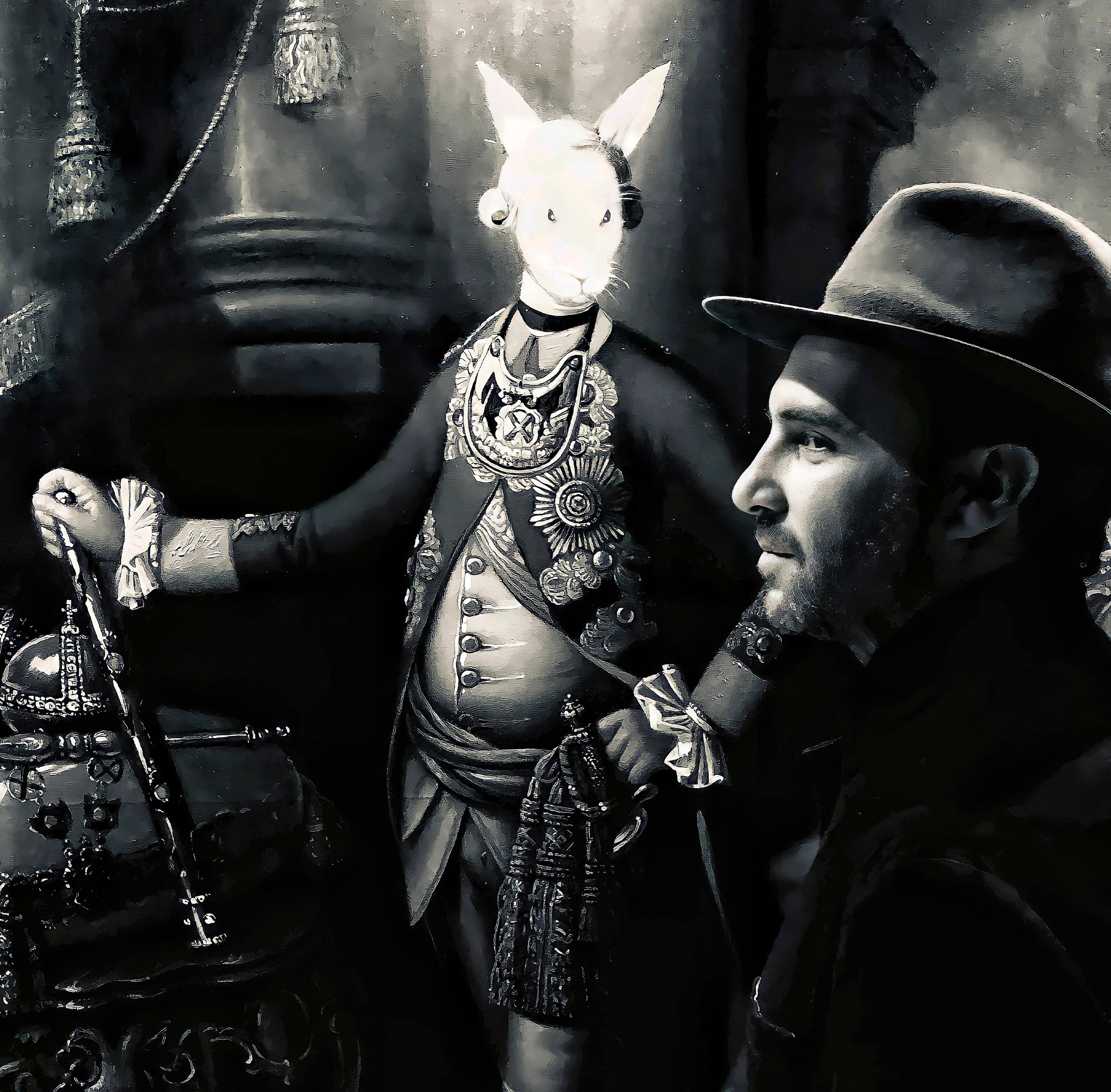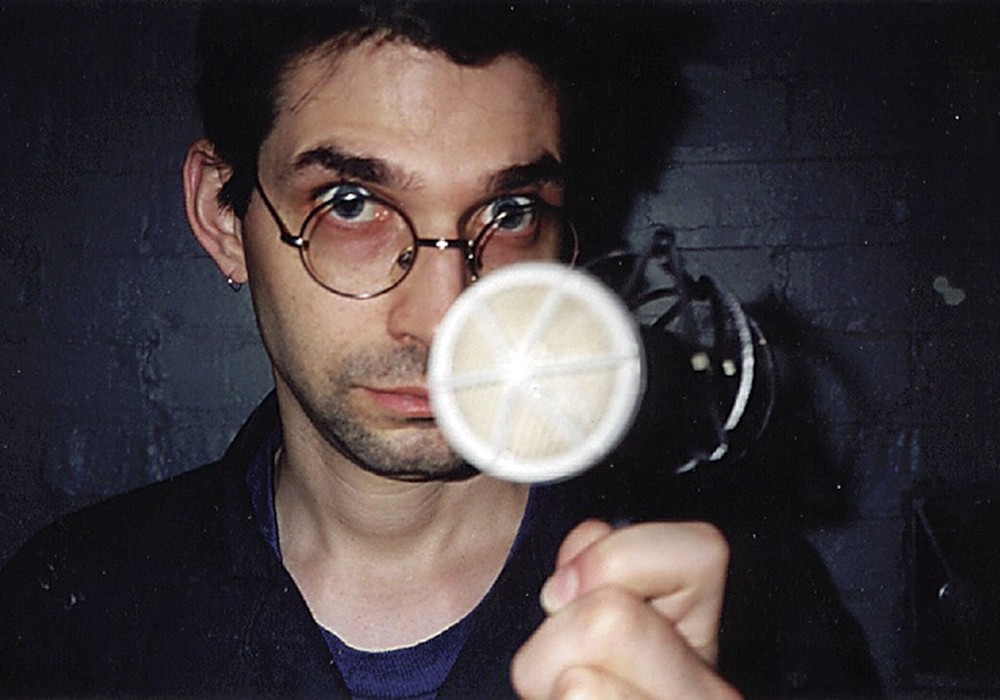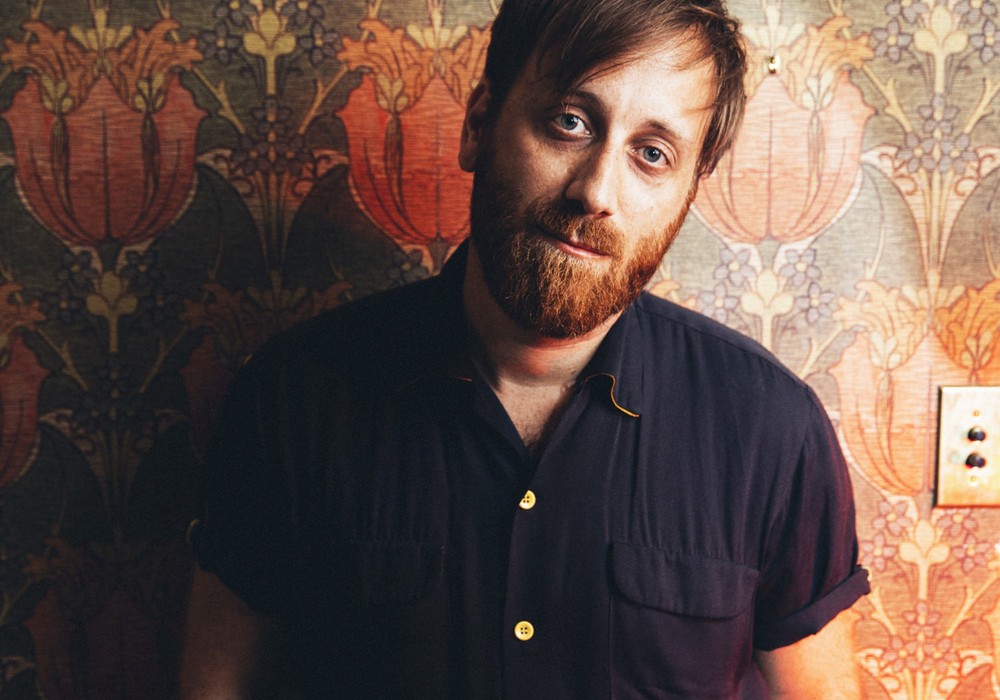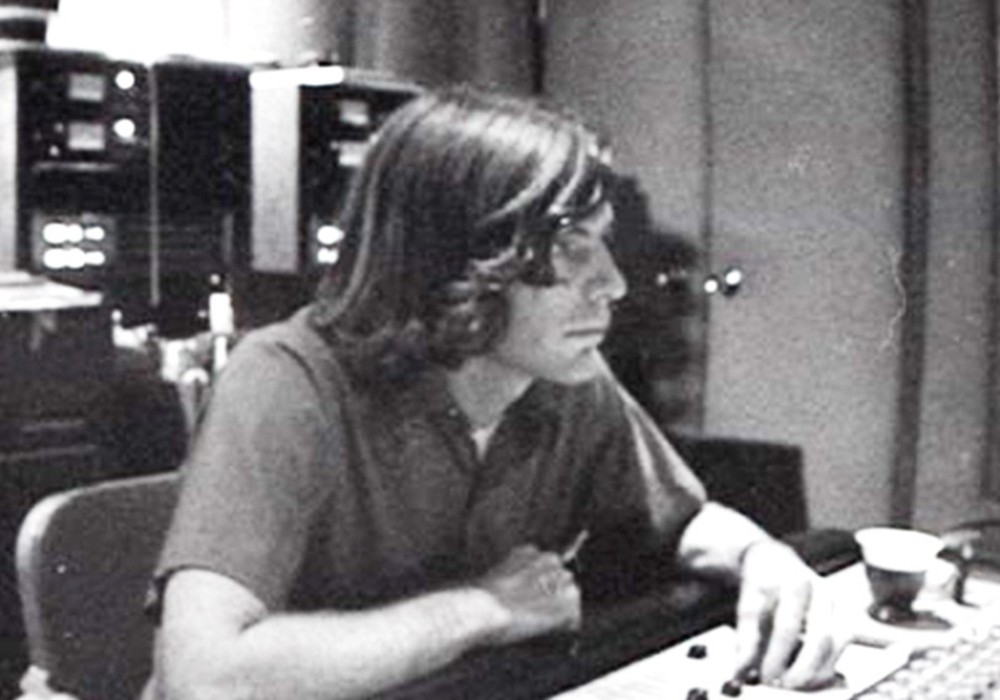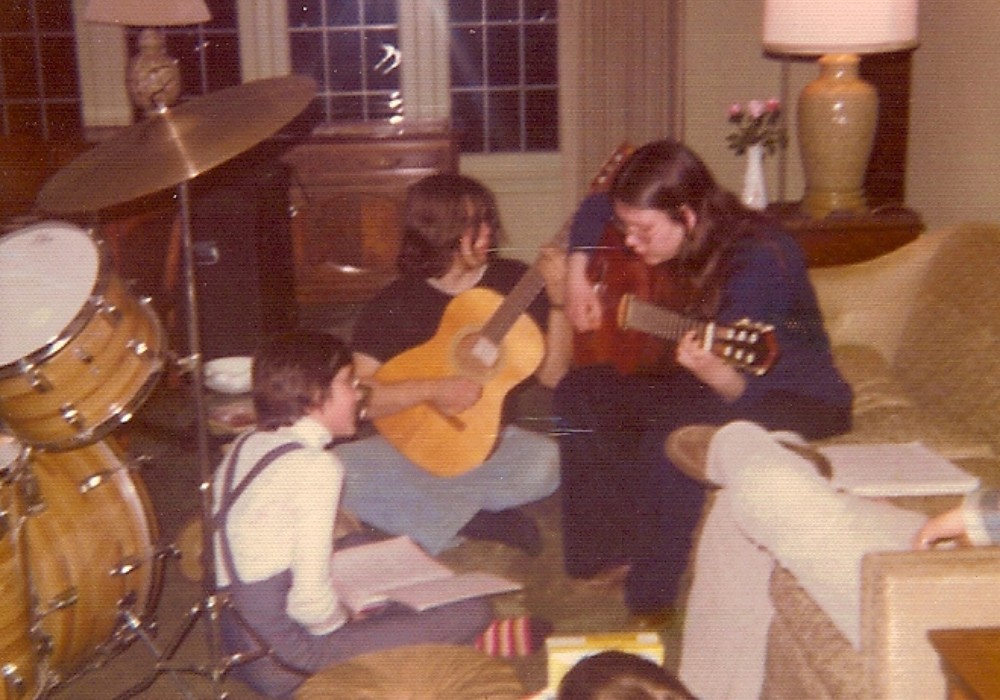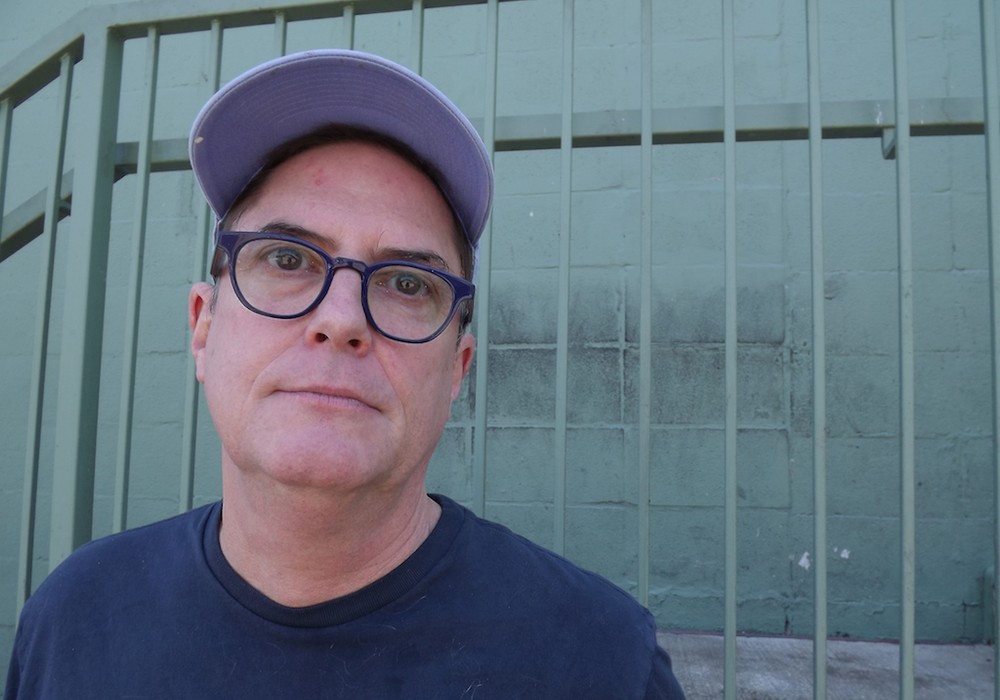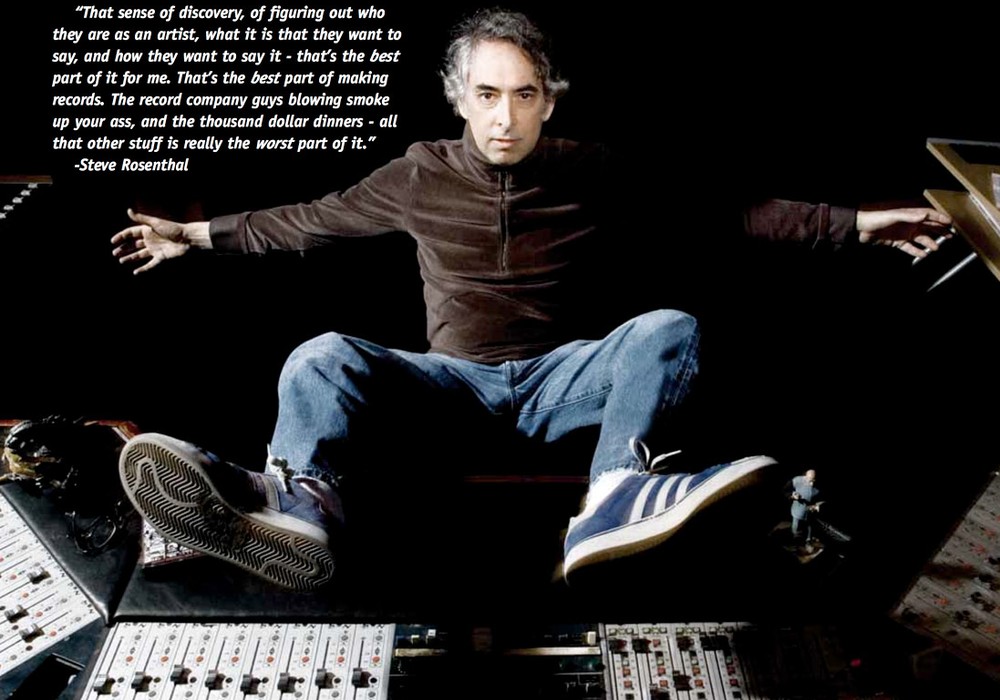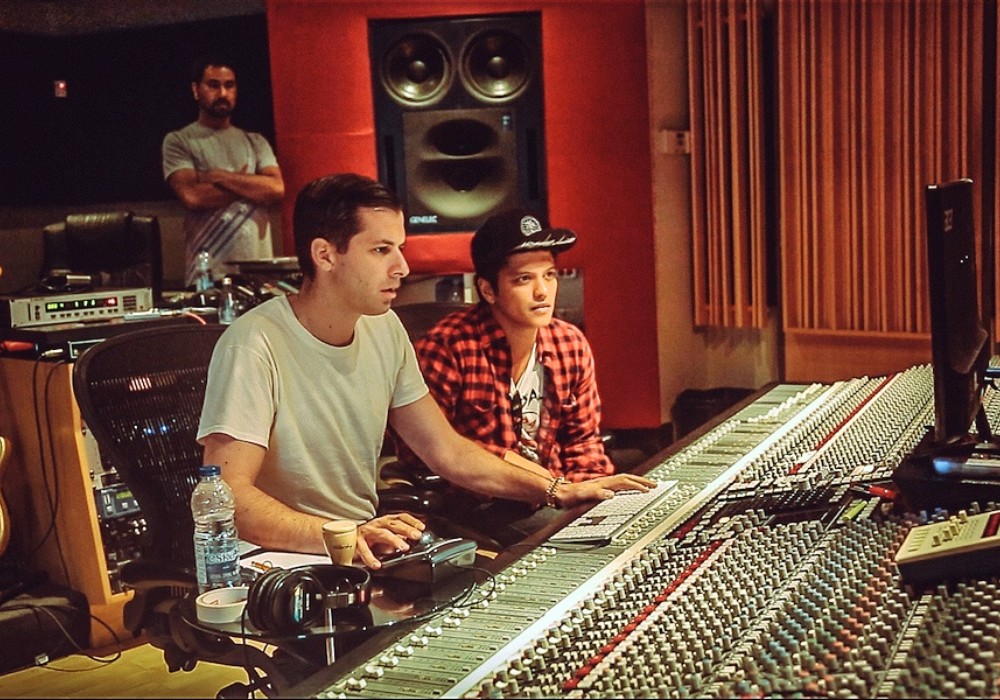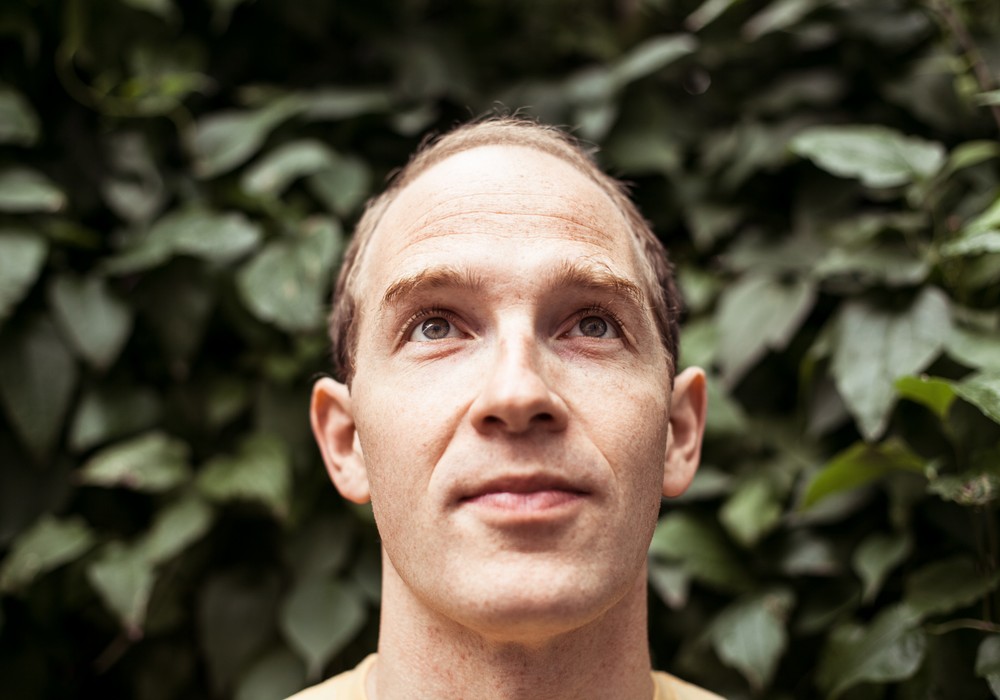
For over 20 years, the Toronto, Canada-based intellectual alternative pop/rock group Metric have been perking up listener’s ears with daring and blissfully created music. Fronted by singer/keyboardist/lyricist Emily Haines and guitar and synth wizard Jimmy Shaw, the group are international, playing all corners of the world. They are rounded out by Joshua Winstead on bass and Joules Scott-Key on drums. This past summer they released their newest album, Formentera, which is similar to the last three albums while also venturing into uncharted territory. As Jimmy Shaw told us, “In most all the records we’ve made, I’ve either produced or co-produced.” We figured it was high time to speak with him and find out more.
Feature Photo: L to R: Jimmy Shaw, Joules Scott-Key, Emily Haines, and Joshua Winstead
I know you’ve been collecting gear for almost two decades. The first piece of gear in your collection is a nice tie-in to the band’s whole story of strong independence and DIY.
That’s a great place to start. It goes so far back. I remember in the late ‘90s, we were living in New York City and doing all these recordings and demos. We had this friend [Chris Taylor] who was a lawyer in Toronto and doing all these big deals for people, like Nelly Furtado’s first record deal. He got us a demo deal with Warner Bros. Records. They gave us $5,000 to record five songs. My thought was, “Cool! I’ll buy $5,000 worth of gear, and then we can record a million songs.” Warner Bros. was like, “No, that’s not how it works. We need to see a studio invoice for $5,000.”
Great. How did you manage to find a way around that?
I was like, “That doesn’t make any sense. Why would I go and spend $5,000 somewhere else, and then when you say ‘no’ to my demos, then I’m back to square one?” I think that very first move was the lesson of, “Oh, the industry’s not going to let us do this. The industry’s not going to want us to be able to control our own thing.” They like to see the money funneled back into what they can control. I don’t even know if it’s really that sinister; it’s just the way that it’s worked for so long. They don’t know what column in the accounting book to put “the musician bought their own equipment.” It was a very strange thing. I fought them on it. I won. I took that five grand, and I went and bought a Mackie D8B, which was one of those early digital do-it-all consoles. DAWs at the time were so rudimentary, and you couldn’t open many plug-ins. The Mackie D8B had an EQ and a compressor on every single channel. That made me feel I could work entirely in the DAW and do what I needed to do. I’m not sure at that point if I’d gotten anywhere near the sonics of what a preamp could do, what a proper microphone could do, or what a proper mic position would do. I hadn’t got to any of those places yet. Warner Bros. did turn us down. We kept going with it; we ended up doing an independent deal and finishing this record [Grow Up and Blow Away]. They gave me a budget to mix it. I went to the studio [Mission Sound] in Brooklyn, and I was sitting in front of this Neve 8028. I had no idea what I was doing at all. Not a clue. The owner came in, and he said, “Hey, your mixes sound good, but have you noticed that the meters are absolutely pinned? You’re boosting 10 dB of 20 hertz somewhere. It’s not even audible, but you’re destroying it.”
What other earliest recording experiences did you have? Did you have a 4-track cassette recorder when you were a teenager?
Yeah, for sure. I grew up as a classical musician. I was a trumpet player in high school. I went to these junior high and high schools where music was a very, very important part of it. It was a public high school, but they had these crazy music programs. I got into this school in Philadelphia called Curtis Institute of Music when I was 16. I was playing in orchestras, and then I went to The Juilliard School and got my BA. When I was at Juilliard, I ended up living with Torquil Campbell and Chris Seligman, who are both in the band Stars now. I started realizing that I hated classical music. I hated everything that it stood for, the fact that the art form itself refused to move into the future. There’s zero consideration for the fact that human beings have changed, and entertainment has changed. I wanted out. Torquil had this crazy collection of four...
